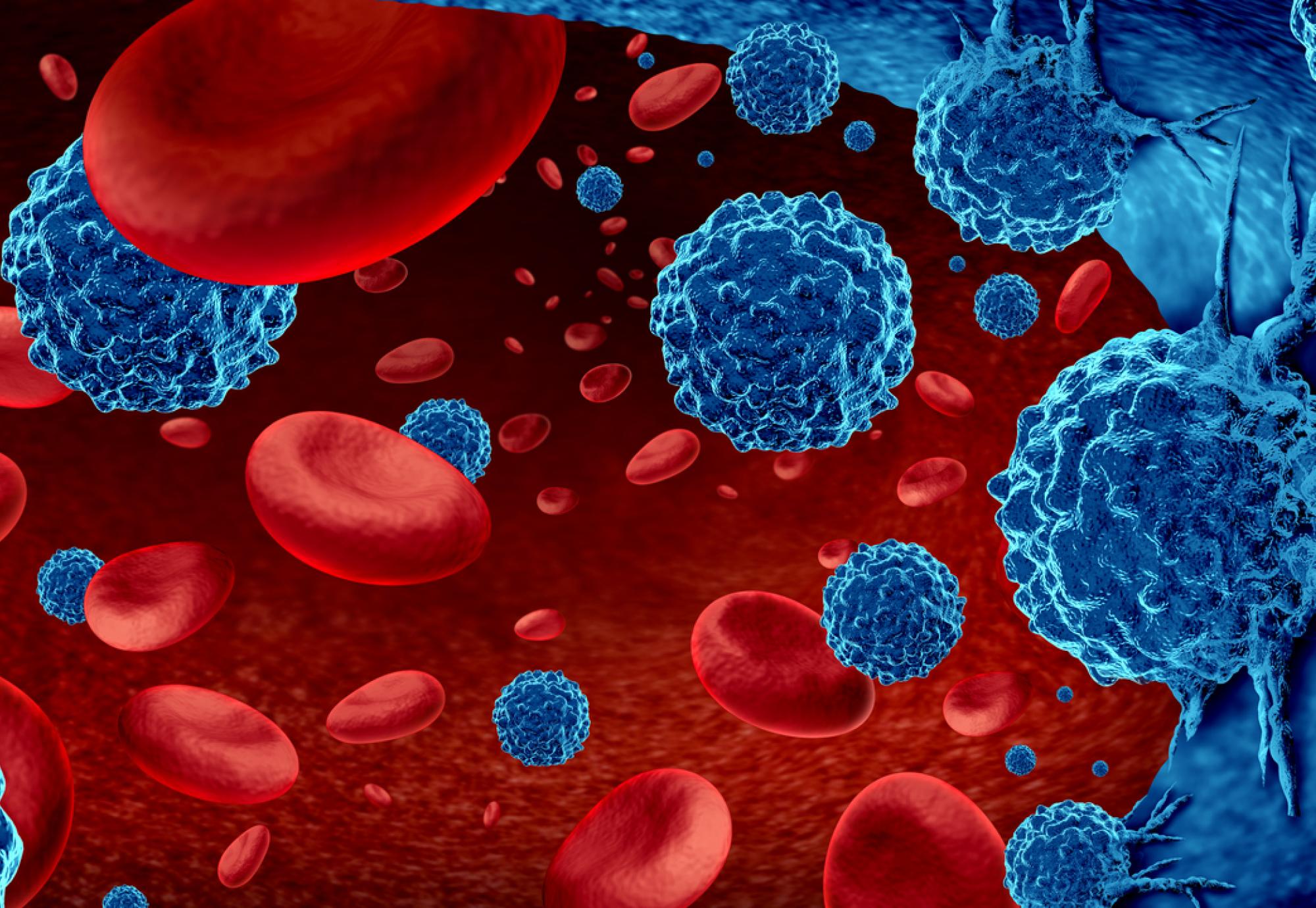Hundreds more cancer patients across England are set to benefit from expanded and faster access to two potentially life-saving treatments.
Following approval from the National Institute for Health and Care Excellence (NICE), two chimeric antigen receptor T-cell therapies – otherwise known as CAR-T therapies – have been made immediately available through the Cancer Drugs Fund for those with one of two forms of blood cancer. CAR-T therapies involve reprogramming people’s immune cells to attack and kill cancer cells.
More than 500 patients with diffuse large B-cell lymphoma, whose cancer has either returned after a year or has resisted at least one therapy already, will be eligible for axicabtagene ciloleucel in England each year following today’s decision, NICE estimates.
Patients were previously required to have tried at least two or more therapies before being eligible for axicabtagene ciloleucel.
In addition to this, brexucabtagene autoleucel has been made available for those aged 26 and older who have returning or untreatable B-cell acute lymphoblastic leukaemia, which NHS England believes could benefit up to 75 patients a year.
NHS England’s National Clinical Director for Cancer, Professor Peter Johnson, said: “The NHS continues to take great strides forward in cancer care and it is fantastic that through the Cancer Drugs Fund, we can make cutting-edge CAR-T therapies available to hundreds more patients with advanced blood cancers, giving them real hope of a longer and better quality of life.
“The NHS continues to be a world leader when it comes to diagnosing cancer earlier and providing the latest treatments to patients at a price affordable to taxpayers.”
Helen Whately, Health Minister, added: “These personalised therapies mean a patient’s own immune system attacks their cancer – an exciting and innovative cancer treatment now available for NHS patients. This new therapy is a brilliant example of how modern science is transforming healthcare and saving lives.
“We’re laser-focused on fighting cancer on all fronts – prevention, diagnosis, and treatment, backed up with funding and research – and this is another example of the huge efforts being made by scientists, charities and the government to combat cancer.”



















